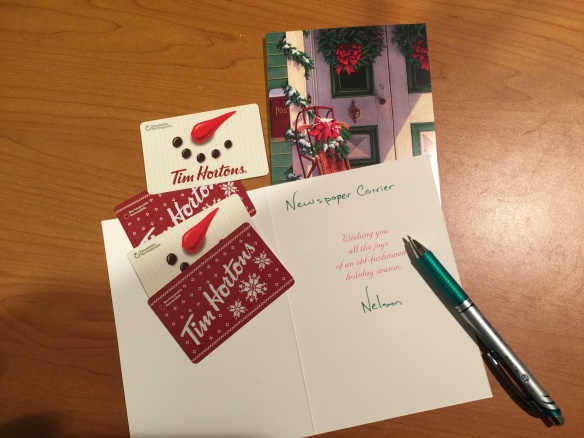Interview experiences can be memorable for candidates but often for the wrong reasons.
A former colleague described how when she arrived for a scheduled interview, the person who was interviewing was obviously unprepared. She watched as he frantically searched through the stack of file folders on his desk for her resumé.
She then waited as he scanned her resumé, seemingly for the first time. Putting it down, he ad libbed his way through the interview, asking for information already available to him from her resumé and other questions which seemed to have nothing to do with the position for which she had applied. Throughout the interview, he spent more time talking about himself and how busy he was than he did asking about how her background prepared her for the vacant position.
After he had asked all the questions he could think of, he gave her an opportunity to ask her questions about the position and the organization. These were met with responses filled with generalizations which left her feeling the interviewer knew little about either the position or the larger organization.
Like all of us do when we go shopping, visit a restaurant or contact a call centre, candidates make judgments about organizations based on their experience, including during interviews. It’s a moment of truth—one of many encounters on which potential and current employees make judgments about an organization.
 Leaders who appear prepared for interviews portray a better image of the organization than those who are ill-prepared to meet potential employees. Whatever the outcome of the interview, that impression lingers.
Leaders who appear prepared for interviews portray a better image of the organization than those who are ill-prepared to meet potential employees. Whatever the outcome of the interview, that impression lingers.
Because of what I learned from this former colleague’s experience, I reserve time during my Interview Right to Hire Right workshops to discuss how participants can prepare for interviews, beginning with deciding where to interview—a quiet, private location free from interruptions, and not a coffee shop or other public place.
This discussion continues with a list of what should be available for the interview. Here is an updated version of that list, with an explanation of why each of these items are important:
Candidate’s resumé or application – This would seem to be a no-brainer. Not having the candidates’ information available would require interviewers to ask them to repeat what was already available to them. When interviewers appear not to be aware of information from their resumés, candidates may interpret this as an indication that they and their background are not being taken seriously. The importance of what is on their resumé can be signalled with a stress-reducing phrase such as, “From your resumé, it appears you have had a variety of experiences.”
Questions to be asked – Interviewers who follow an interview protocol appear prepared and committed to treating all the candidates the same. For reasons outlined in a previous article, interviewers should consider preparing “interview cards,” each bearing one question. These cards can be passed to candidates as the question is asked.
Note-taking resources – This could be as simple as paper on which to record what the candidates say, although my preference is the use of a note-taking form, which includes the initial question and followup prompts. Also, remember to take at least two pens to every interview. It would be awkward to have to interrupt the interview to go to get another one because your pen ran dry (and you don’t want to borrow a pen from the candidate).
Clock – You want to keep the interview on schedule, so place a clock where you can see it (such as behind where the candidate will be sitting). This means you can monitor the time, without breaking eye contact with the candidate. Repeatedly glancing at your watch may be misinterpreted by candidates as a sign that you are anxious to end the interview because you have already decided this isn’t someone you want to hire.
Beverages – Keep it simple. No coffee. No tea. Just a bottle of water placed in front of the candidate. They may not feel they need any water if asked at the beginning of the interview, but later on candidates may appreciate having it available to ease a dry throat, a result of the time spent responding to your questions. And occasionally pausing for a sip will allow them a moment to formulate a response to your question.
Information package – The most dangerous question that interviewers ask may be the one that comes near the end of interviews—“Do you have any questions?”—if they have not anticipated what candidates might ask. Prepare a FAQ sheet, including information about wages/salary and benefits, and other information that candidates might want to know. As you conclude the interview, quickly summarize the information you have for them and then, before handing it to them, ask that dangerous question. If you have done a good job of selling the value of your information, the candidates may not have any questions because they are anxious to get their hands on that sheet they believe will answer all their questions.
Business cards – At the end of the interview, hand the candidate your business card, “in case you think of anything else that will help us make our decision or if you have any questions you would like to ask me.”
When the people asking the questions is well-prepared, the interview becomes memorable for the right reasons. Candidates leave with the impression that the company’s interviews indicate a workplace that is organized and where people know what they are doing, rather than one where no one would be prepared to welcome newly hired staff on their first day and might not remember to advise the payroll department of the requirement to prepare a paycheque for the new hire.
Image Credit: http://www.bigstockphoto.com



